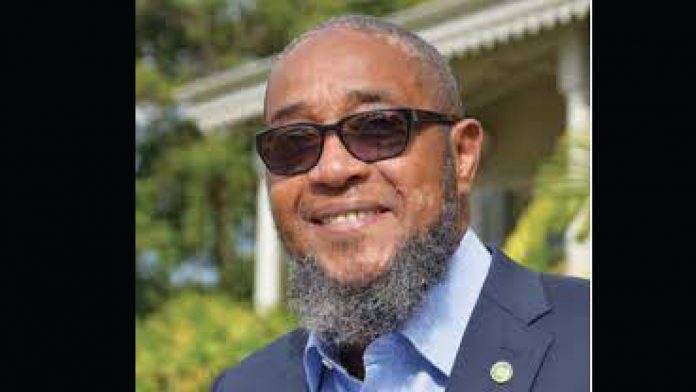By Theresa Goodwin
The Organisation of Eastern Caribbean States (OECS) has been able to implement more realistic accomplishments in its 40 years of existence than the wider Caricom Community which came into being in 1973.
Antigua and Barbuda’s Ambassador to the OECS, Colin Murdoch, shared that perspective yesterday as the sub-region celebrated the 40th anniversary of the OECS Authority.
He explained that the OECS member states have strong cooperation in many sectors, to include health and education, with the regional integration movement being one of the most significant.
“The arrangements in the OECS are tighter than those in Caricom. We have completely free movement; anybody can go anywhere without a passport, while Caricom has categories.
“Many of the things the OECS is doing are aspirations of Caricom. For instance, Caricom has in its treaty that it is aiming for one currency; the OECS has joint diplomatic missions abroad, it’s just that we are a bit ahead,” stated Murdoch.
While Caricom was created to serve most of the Caribbean, the OECS, on the other hand, was established to promote unity among the smaller member states.
The organisation started when seven Eastern Caribbean countries signed the Treaty of Basseterre in 1981, in St Kitts.
Some objectives of OECS are to promote cooperation among the members and defend their sovereignty, promote integrity in the territories, and promote economic integration.
Meanwhile, Murdoch spoke about other achievements of the OECS member states, namely the monetary authority for the group of islands — the Eastern Caribbean Central Bank (ECCB); the Antigua-based Eastern Caribbean Civil Aviation Authority (ECCAA), which serves the region; and the Eastern Caribbean Supreme Court (ECSC), which is the court of appeal for member states.

